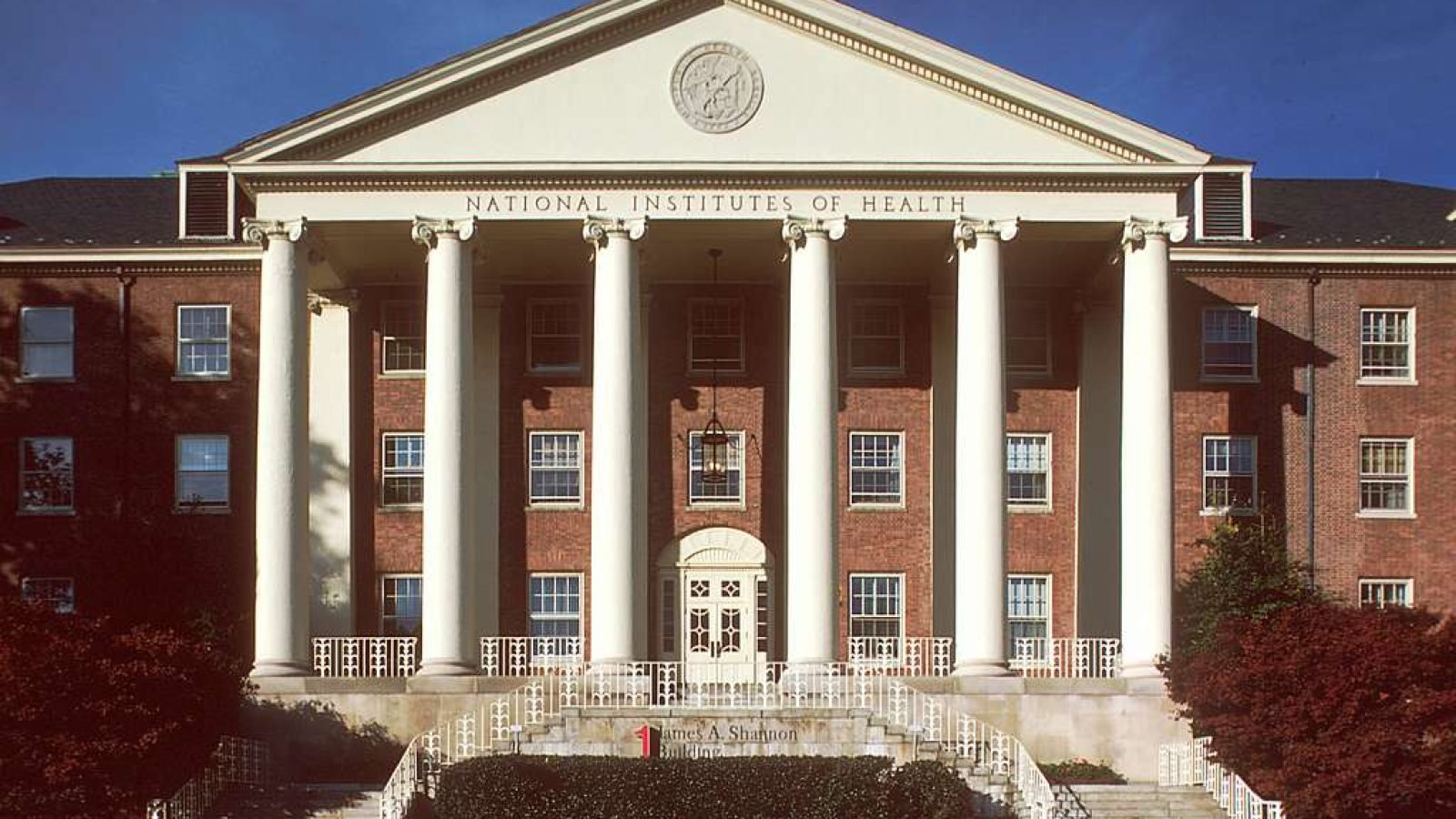This is getting old…
Another rogue federal judge has just blocked the National Institutes of Health (NIH) from implementing the Trump administration’s order to cut funding amounts.
The NIH, which is funded by American taxpayer dollars, hands out millions of dollars of grants to medical research centers and universities across the nation every year.
President Trump’s administration had proposed a 15% cap on funding for “indirect costs” like facility and administration expenses. Right now, some universities are receiving as much as 70%, and that’s not taking into account “direct costs” for the actual research being done!
This move would save taxpayers at least $300 million on an annual basis.
But, US District Judge Angel Kelley, who was appointed by Joe Biden, has issued a temporary restraining order on the move until at least February 21st, when another court hearing is scheduled.
Here are the details:
🚨BREAKING – Judge Angel Kelley blocks President Trump’s NIH grant rate change, which would have saved American taxpayers over $300 million annually in federal spending. pic.twitter.com/O1NgTdb7Y5
— DOGE NEWS- Department of Government Efficiency (@realdogeusa) February 11, 2025
ABC News reported:
A federal judge temporarily blocked the Trump administration’s move to drastically lower some of the funding that universities and research institutions receive from medical and scientific grants.
U.S. District Judge Angel Kelley — nominated to the bench by President Joe Biden — issued a temporary restraining order that blocks the National Institute of Health from taking any steps to implement or enforce their rate change notice.
Judge Kelley ordered the NIH to issue a status report within 24 hours – then at bi-weekly intervals – to confirm “the regular disbursement and obligation of federal financial assistance funds.”
A hearing to evaluate next steps has been set for Feb. 21.
News of the cuts rattled the scientific community with many scientific institutions set to lose millions of dollars in funding annually.
The National Institutes of Health (NIH), the country’s primary agency responsible for conducting and supporting medical research, provides federal research grants to universities and research institutions in two separate buckets – direct and indirect costs.
Direct costs are expenses related to conducting research, such as paying for researchers’ salaries or travel as well as funding the equipment and supplies necessary for experiments. Indirect costs, also known as facilities and administrative (F&A) costs, include other expenses such as student services and paying for building expenses like utilities.
Previously, most universities had negotiated indirect cost funds with the federal government, with some acquiring as much as 70% or more. Now, those rates will be capped at 15%.
CBS News added:
A federal judge on Monday temporarily blocked the National Institutes of Health from implementing steep cuts to how medical research grants are funded, after 22 states sued to stop the change.
The ruling by District Judge Angel Kelley, who was nominated by President Biden in 2021, halts the policy pending further court arguments from states and the Trump administration. A hearing is scheduled for Friday, Feb. 21.
“We will not allow the Trump Administration to unlawfully undermine our economy, hamstring our competitiveness, or play politics with our public health,” had said Massachusetts Attorney General Andrea Joy Campbell in a statement announcing the lawsuit.
The pause is limited to research institutions in the states that joined the lawsuit. Those include California, New York and North Carolina, which together with Massachusetts rank among the top five recipients of NIH grant funding by state.
Hospitals and universities criticized the move, first announced Friday by the Trump administration, which the National Institutes of Health said would save the federal government more than $4 billion a year.
As outlined in an NIH memo, it would cap the amount of funding for what are called “indirect costs,” for general expenses like facilities and administration, at 15%, down from an average of around 27 to 28%.
And, in case you were wondering: yes, this is the same National Institutes of Health that admitted to funding gain-of-function research at the Wuhan Institute of Virology.
Flashback:
🚨The National Institutes of Health admits to funding gain-of-function research in Wuhan, China🚨
@RepDLesko: "Did NIH fund gain-of-function research at the Wuhan Institute of Virology through EcoHealth?"
Dr. Tabak: “If you're speaking about the generic term, yes, we did” pic.twitter.com/CnbFx2TUzQ
— Select Subcommittee on the Coronavirus Pandemic (@COVIDSelect) May 16, 2024



Join the conversation!
Please share your thoughts about this article below. We value your opinions, and would love to see you add to the discussion!